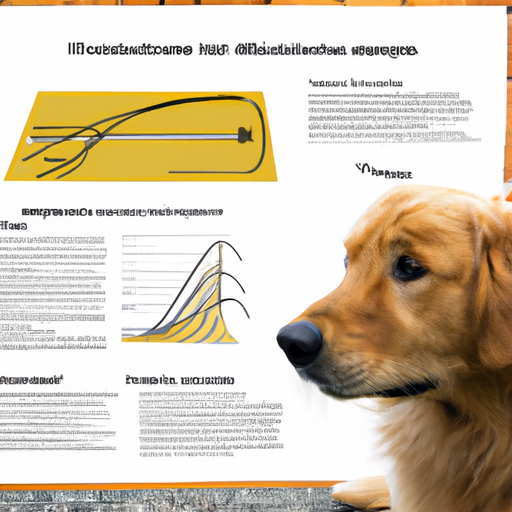“`markdown
Why Dogs Have Whiskers
Introduction:
You’ve probably noticed your beloved pet’s whiskers, those long, stiff hairs protruding from their muzzle. But have you ever wondered why dogs have whiskers? Let’s dive into this topic to help you understand your furry friend a bit better.
The Role of Whiskers:
Whiskers, also known as vibrissae, play many important roles in your dog’s life. They are far more sensitive than regular hairs due to their connection to the canine nervous system.
- Sensory Function: Whiskers help dogs sense their surroundings. They can detect changes in air currents and vibrations that signal the proximity of walls, furniture, or other animals.
- Protection: They protect dogs’ eyes from injuries. When something touches a whisker, it triggers a blink or head movement.
- Communication: Dogs also use them for communication, expressing their emotions through whisker movement.
Whiskers and Breeds:
Different breeds have different whisker characteristics. Some dogs have thick, long whiskers, while others have shorter and thinner ones. Here’s a quick comparison:
| Breed | Whisker Characteristics |
|---|---|
| Boxer | Long and stiff whiskers |
| Poodle | Curly whiskers |
| Dachshund | Short and straight whiskers |
The Care for Whiskers:
As a caregiver, it’s crucial to remember that a dog’s whiskers are a vital part of their sensory system.
- Do not trim your dog’s whiskers. It can disorient them and make them anxious.
- Check your dog’s whiskers during grooming to ensure they’re not damaged.
Disturbance in Whiskers:
If you notice changes in your dog’s whiskers, it may indicate health issues. Consult your vet if you observe:
- Whiskers falling out
- Change in whisker color
- Whiskers breaking off
Frequently Asked Questions:
Q1: Can a dog’s whiskers grow back?
Yes, if a dog’s whiskers fall out, they generally grow back.
Q2: Do whiskers hurt dogs?
No, whiskers themselves do not cause pain to dogs. However, if they are forcefully pulled out, it can be painful.
Q3: Why do some dogs have more whiskers than others?
The number of whiskers can vary by breed and individual dog. It does not necessarily indicate any health issues.
“`



